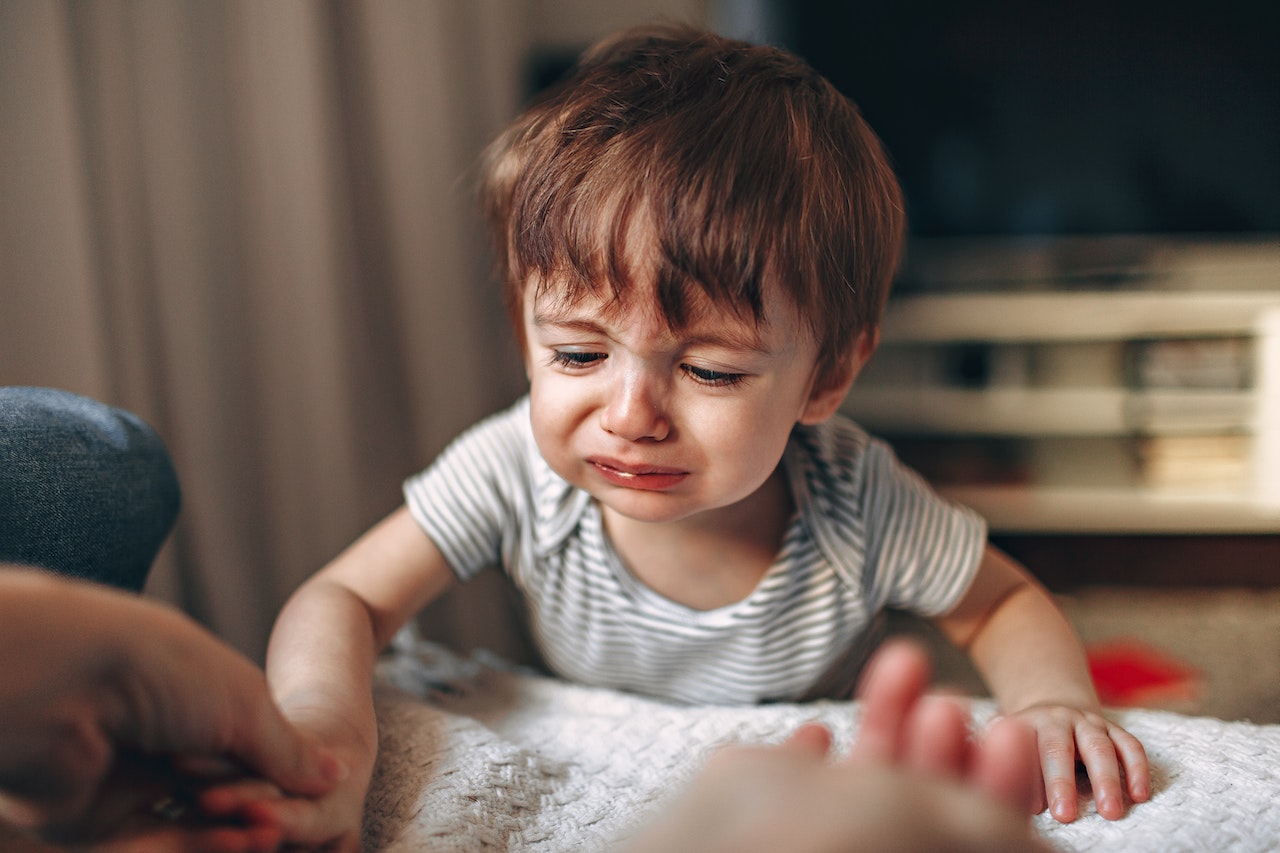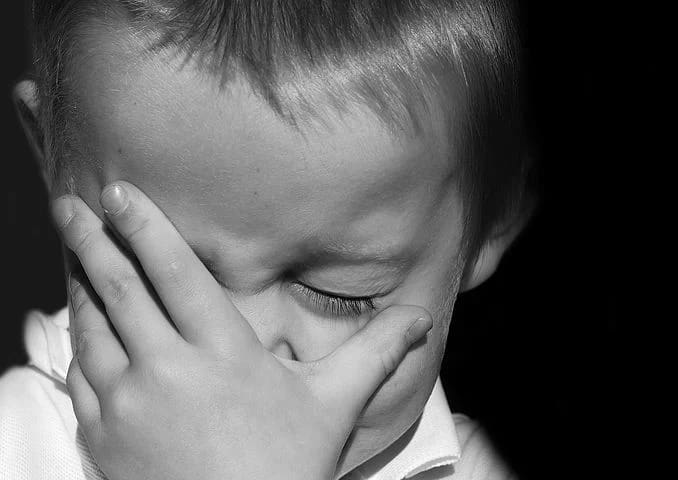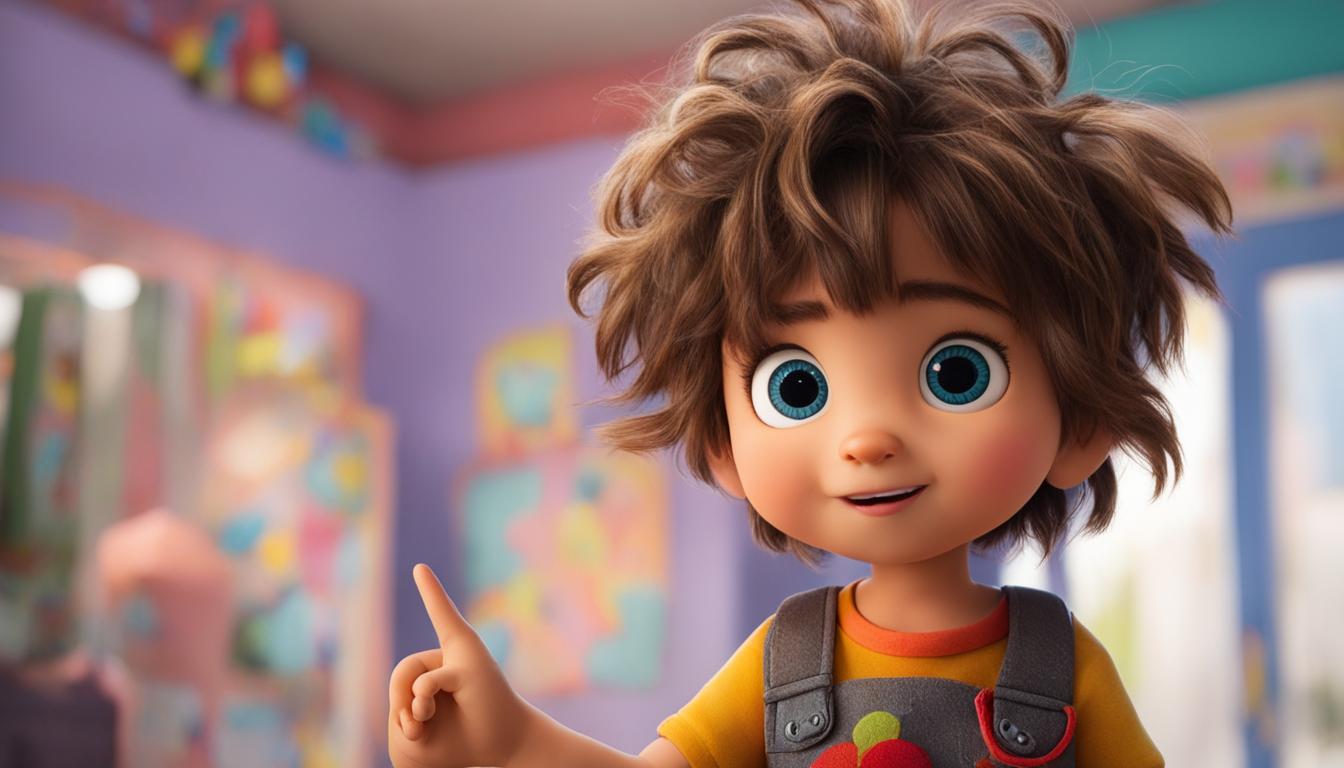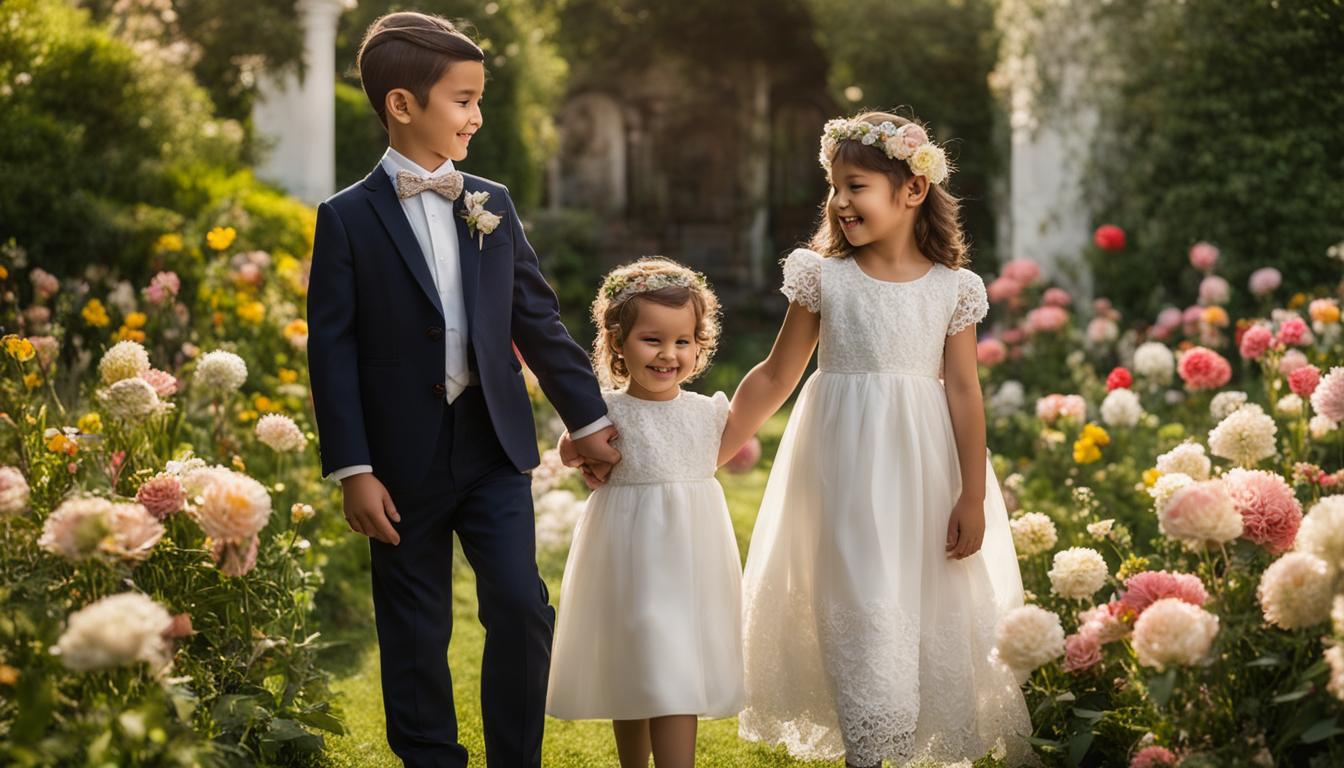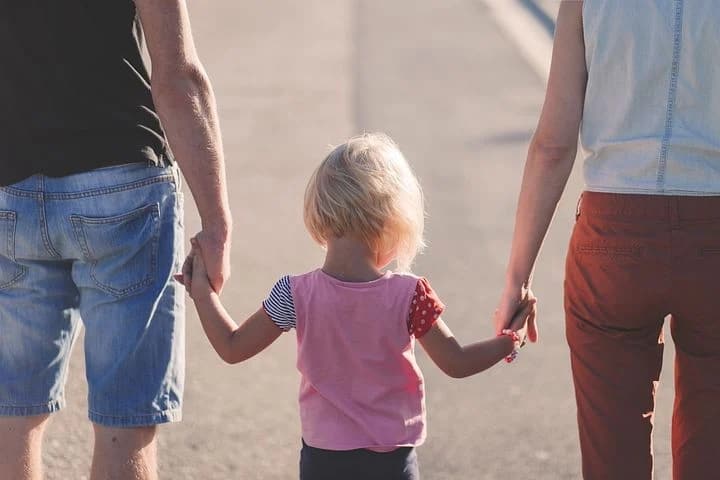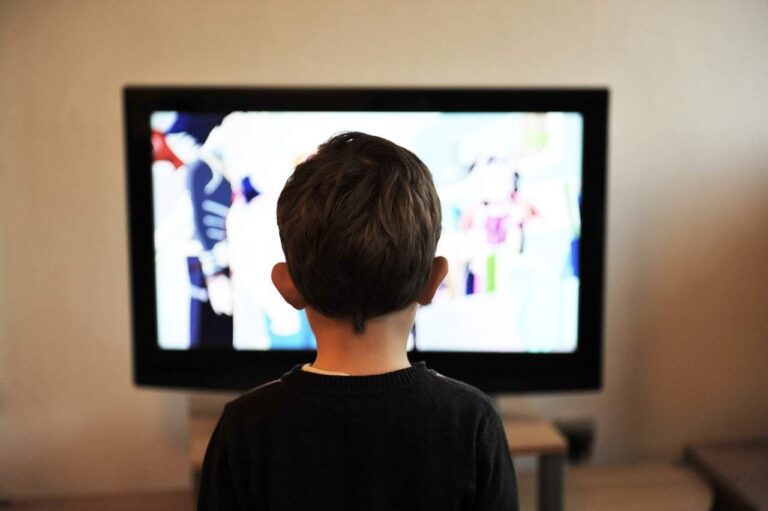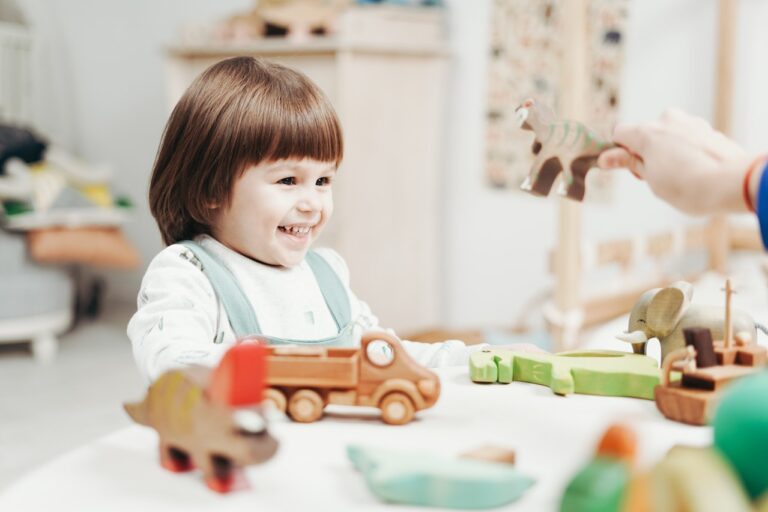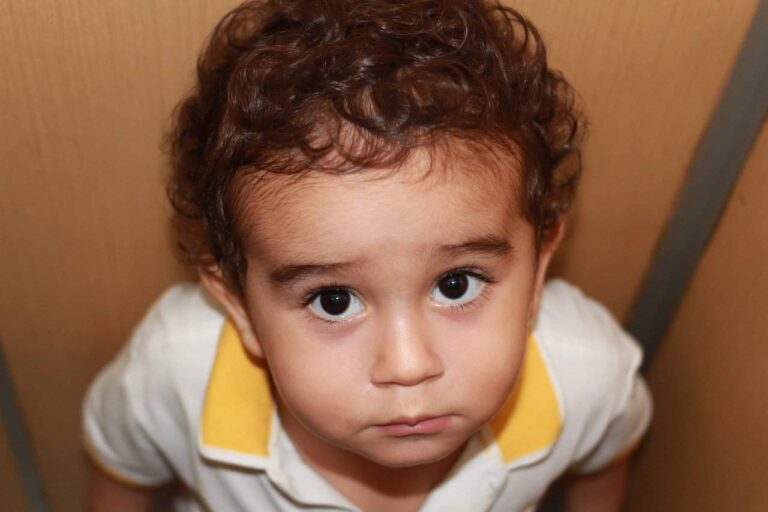Can Terrible Twos Start Early and What to Look For
Seasoned parents and pediatricians might warn about the so-called ‘terrible twos.’ It is a phrase you occasionally hear from parenting media, such as books and TV shows. It seems almost every toddler will go through a phase of defying mommy and daddy and holding their breaths until they get what they want.
As the name implies, the terrible twos manifest when a child is 2 years old. But is the terrible twos label as accurate as it sounds? Can a toddler as young as 1 year have the telltale signs or a rambunctious rugrat?
What are Terrible Twos? And Why Are So Many Parents Scared About It?
The phrase ‘terrible twos’ is a colloquial name given to a development phase that many parents find-quite honestly-terrible! This is usually when your toddler is rapidly hitting many milestones and experiencing new changes in their mind, body, and emotions. Your tot’s environment is ever-expanding, and they will want to explore things by themselves.
The trouble comes when your toddler fails to adequately use their newfound skills. Since your child’s ability to communicate their emotions and perform tasks are still under development, they will make mistakes that can frustrate them immensely. These frustrations can manifest in outbursts, ranging from mild to explosive.
Many parents can find these behaviors inappropriate, even though they are part of normal child development. Some parents might also wonder if these actions are signs of behavioral issues. Although troubling and tiring, many children do outgrow their terrible two phases. However, antisocial behaviors are worth watching out for, especially if they are repeated incidents. (More on that later.)
Some signs that your child is going through their terrible twos stage include:
Tantrums
Toddlers can have loud and destructive tantrums for many reasons. They might melt down because they are tired or hungry or do not get what they want. It can also be an emotional response because they cannot express a specific emotion correctly. Whatever the trigger is, a tantrum can include crying, hitting, biting, kicking, and throwing objects.
Mood Swings
As mentioned above, your toddler is learning many new emotions, some of which are heavier than others. During this time, they lack the skill to cope with those emotions. Thus, your tot might go from being happy and playful to suddenly gloomy and grumpy over a small problem.
Defiance
Besides learning new skills like walking and talking, your toddler is also beginning to recognize their sense of individuality and independence. You might see them say no when you try to help them brush their teeth or get rejected on the clothes you pick out for them. Your toddler is not doing it because they do not love you anymore but because they want to explore their identity further.
Can Terrible Twos Start Early?
Although the name ‘terrible twos’ sounds like it should occur when your toddler is 2 years old, that is not always the case. The terrible twos can come as early as 18 months to as late as 30.
Not to mention, the terrible twos can go past your baby’s third birthday. Parents even eloquently call this phase the terrible three! The good news is that there shouldn’t be a terrible four or five coming soon since most preschoolers will outgrow their tantrums and mood swings.
Can Terrible Twos Be Stopped?
Nobody can predict how a child’s temperament is going to be. Some children will have explosive tantrums no matter how careful you are at raising them. Meanwhile, other kids will be quieter and subdued. Most of the time, only time can tell whether or not your child will go through a rowdy phase.
With that said, toddlers who were taught important skills during infancy, such as language and communication, can have a better time expressing themselves, thus, lowering the possibility of a tantrum.
Another way parents avoid the terrible twos is by avoiding triggers before they affect their toddlers. Hunger and sleepiness can trigger mood swings and tantrums among toddlers. If toddlers are regularly fed and get enough sleep, you can certainly avoid dealing with extreme meltdowns.
How Do I Help My Child Going Through Terrible Twos and Tantrums?
Nobody wants a toddler screaming across the grocery store or kicking the furniture around the house. So what can you do to help your toddler with their terrible twos? Here are easy tips to guide you as a parent:
- Stay as calm as possible. Getting angry and frustrated will irritate your child further and make the tantrums worse. Having a clear mind makes it easier for you to think and act.
- Find a distraction for your child. If you are at home, give your toddler a task that can keep them busy. If in public, bring your infant someplace where they can clear their minds.
- Avoid giving in to your child’s wants to appease them. Set your limits and stand by them.
- Allow your infant to have choices in their everyday life, such as what clothes they want to wear or what book they want to read. Not only will this teach them how to decide for themselves, but it can also lower tension and frustration.
- Praise correct behavior instead of scolding. Positive reinforcement is more effective and faster than giving punishment, and it does not tarnish your parent-child relationship.
When Should I Contact My Child’s Pediatrician?
The terrible twos are a part of a child’s development. However, when you start to see antisocial behaviors, such as withdrawal, aggression, and violence, it might be time to seek professional help. Furthermore, if tantrums have become increasingly stressful and harder to control, consider reaching out to your pediatrician.
FAQ:
Can children age 3 and above have tantrums?
Toddlers above 2 years can still have tantrums. However, this eventually lowers once they have reached preschool age.
Are boys more likely to have tantrums than girls?
Tantrums are equally observable between both genders.
Should I spank my child if they are having tantrums?
Avoid spanking, screaming, or excessively scolding your infant if they are having a tantrum. This can worsen the situation and will have long-term consequences on their emotions and behavior.

